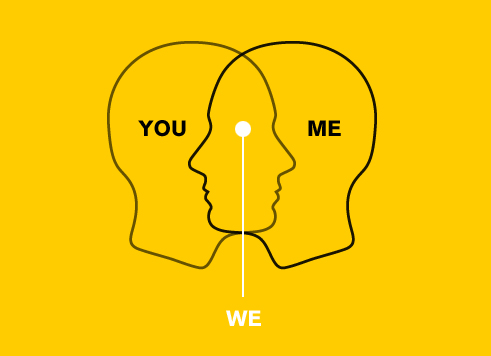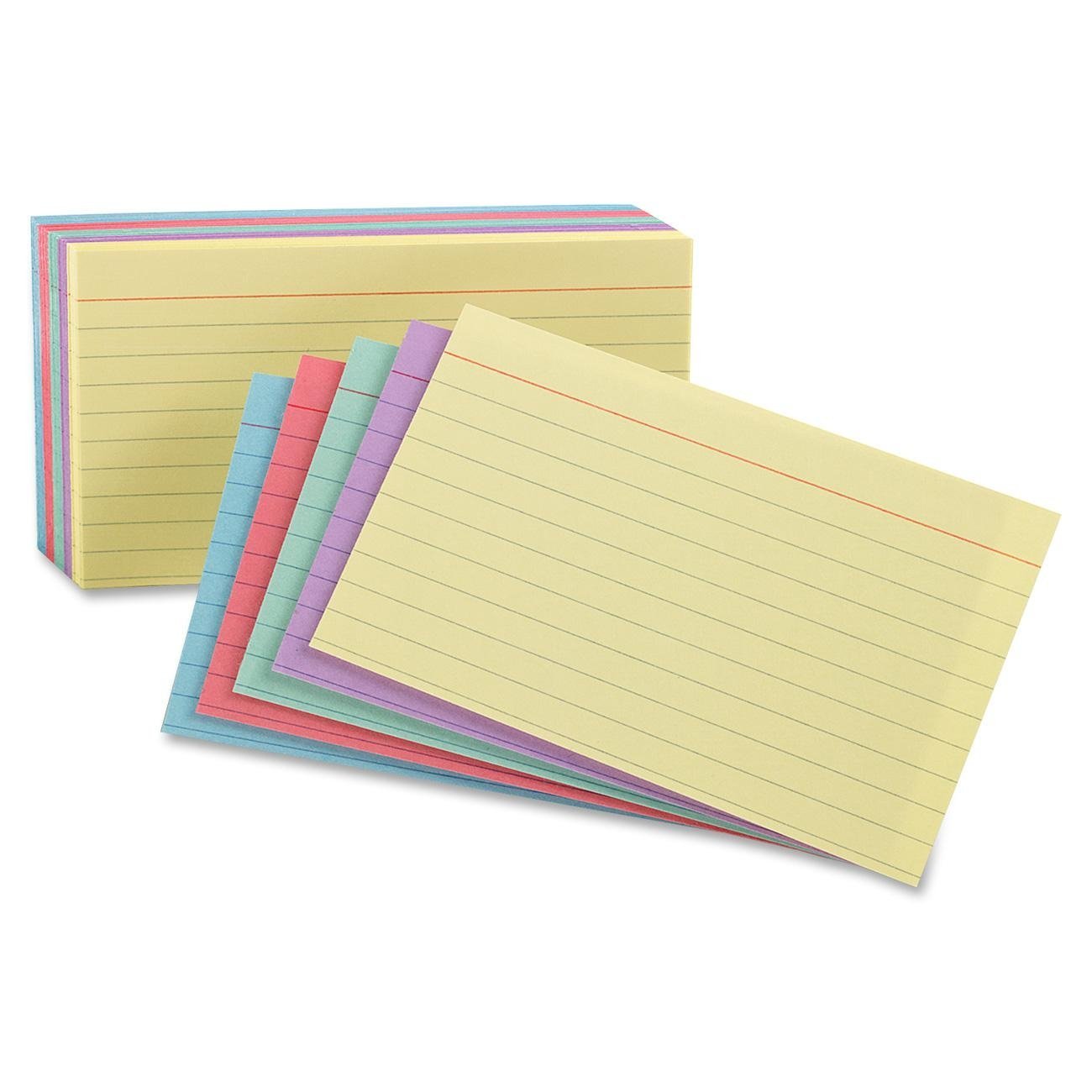By: Rachael Burke
Rachael Burke is a second-year Writing and Rhetoric PhD student at George Mason University. Her research centers on empathic articulation and social-emotional design. She has taught composition, ESL, and interdisciplinary studies, and she is currently teaching at GMU and Northern Virginia Community College. You can reach her at [email protected].
This post is the third in a series on empathy and writing scholarship. For the full series, please see her first post and second post.
When I think about what it means to write collaboratively and productively across the curriculum, I am always attempting to determine which frameworks best help us all define empathy ontologically and pragmatically. Toward this end, in my previous posts, I have attempted to simultaneously advocate for empathy’s inclusion across the curriculum even while I have tried to better define it. Admittedly, this is a complex task, and not just for me. As Daniel Batson (1991) says, “opportunities for disagreement abound” within the framework of empathy’s theoretical uncertainties (p. 11), and even with a “liquid” understanding of empathy (Burke, Permanence and Change, 1965 qtd. in Miller, 1984, p. 158), a firm sense of definition or application can be hard to come by.


